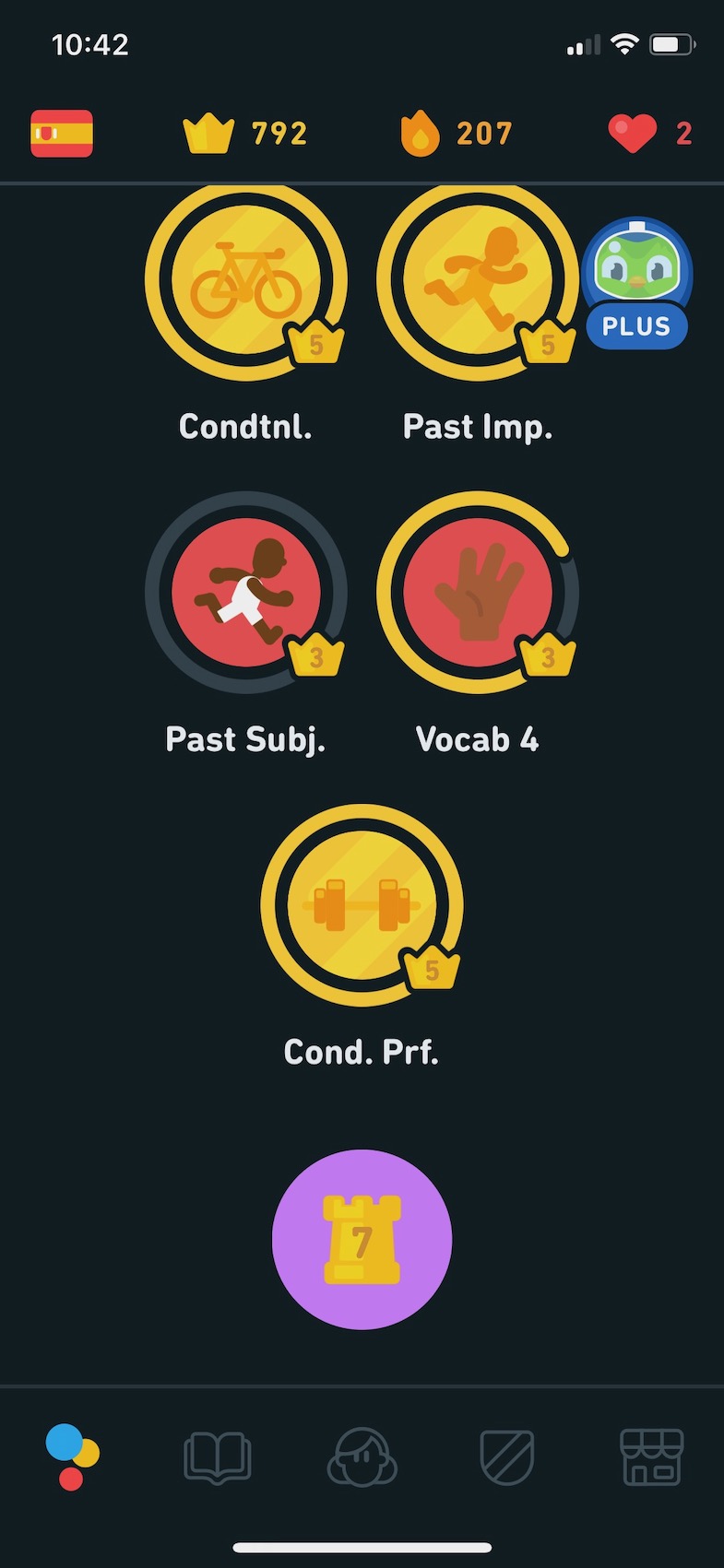

In Argentina, you would hear: está oviendo en la plaaĮverywhere else: está oviendo en la plaaīesides the differences in specific letter sounds, there are also differences in the general way people speak. In some parts of Argentina and Uruguay, the double LL and Y sounds are pronounced like an english SH, while other Spanish speakers would pronounce it as a Y sound. In Latin America, you would hear: la taa es aul In Spain, it would sound like: la taa es aul For this reason, someone from Barcelona would pronounce the name of their hometown as Barthelona. In Latin America, these two letters are pronounced as S, while in Spain you would hear a TH sound. The greatest difference one might hear between the Spanish spoken in Spain and the Spanish in Latin America is the pronunciation of the Z and C (before I or E). Before the Spanish arrived in South America, there were hundreds of different native languages it’s possible that many of these words were incorporated to the Spanish language of each particular country. Words like bistec, champú, cóctel are words that are commonly used in both Spain and Latin America.

There are, for example, words borrowed from English because of a country’s proximity to the United States or the UK. The influence of the people or countries around those speaking the language affects the vocabulary and the way of speaking as well. This could explain why the words and phrases people use in Latin America are different – the language didn’t have time to “catch up” to its mother country (Spain). The idea of “continental lag” was first coined by the linguist Albert Marckwardt to describe that the language which is brought to a new place changes less than the language from where it originated.

Spaniards do not call the language español because there are other languages like Catalan (or Valencian), Galician and Basque which are spoken in Spain that would also be considered Spanish languages ( lenguas españolas). In Spain, however, the Spanish language is called castellano (Castilian), which refers the Castile province in central Spain where the language is said to have originated. In Latin American countries, the Spanish language is simply called español (Spanish) as that is from where the language was brought. Differences between Spanish in Spain and Latin America


 0 kommentar(er)
0 kommentar(er)
